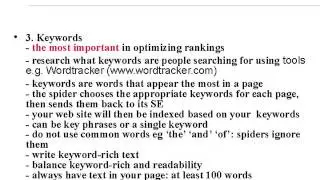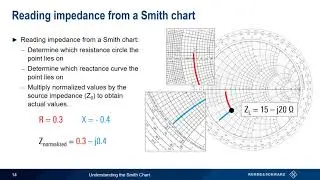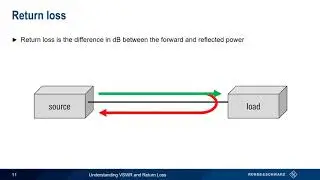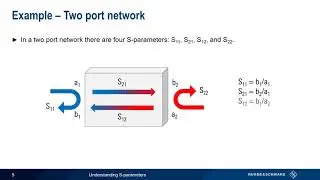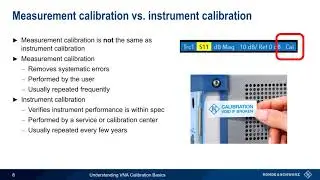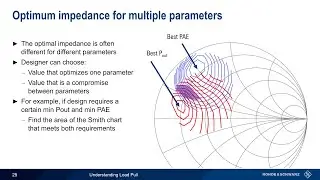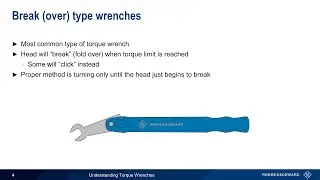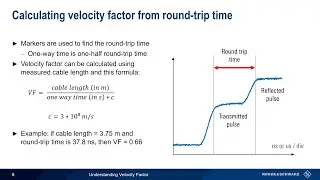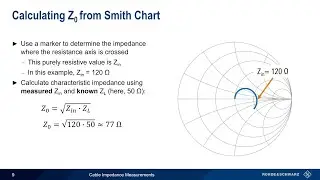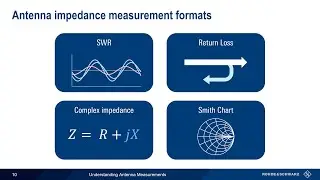Understanding Load Pull
This video explains the fundamental concepts behind load pull, the different types of load pull, how load-pull testing is performed, and load-pull measurement results.
Understanding the Smith Chart: • Understanding the Smith Chart
Understanding VSWR and Return Loss: • Understanding VSWR and Return Loss
Understanding S-Parameters: • Understanding S Parameters
Download a copy of the Rohde & Schwarz application card on Amplifier Characterization using Load Pull: http://rsna.us/6057eAYJ9
Learn more about the R&S ZNA Vector Network Analyzers: http://rsna.us/6058eAYJi
Timeline:
00:00 Introduction
00:14 Suggested viewing
00:36 Presentation Overview
01:03 “Standard impedance”
01:56 Non-linear, non-matched devices
03:00 About load pull
04:07 Two types of load-pull testing
04:28 About scalar load pull
05:14 Scalar load pull test setup
05:43 About vector load pull
06:32 Vector load pull test setup
07:05 About tuners
08:06 Three types of tuners
08:19 Passive tuners
08:58 Passive tuner advantages and disadvantages
09:37 Passive tuners and loss
10:24 Active tuners
10:57 Tuning ranges: passive and active tuners
11:31 Active tuner advantages and disadvantages
12:15 About hybrid (active) tuners
13:03 Harmonics
14:01 Harmonic tuning with passive tuners
14:25 Harmonic tuning with active tuners
14:51 Load pull measurement results
16:01 Optimum impedance for multiple parameters
16:48 About behavioral models
18:01 Summary






